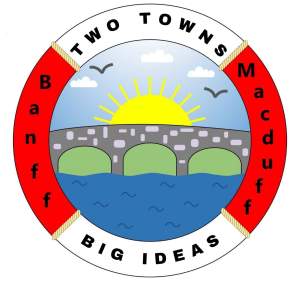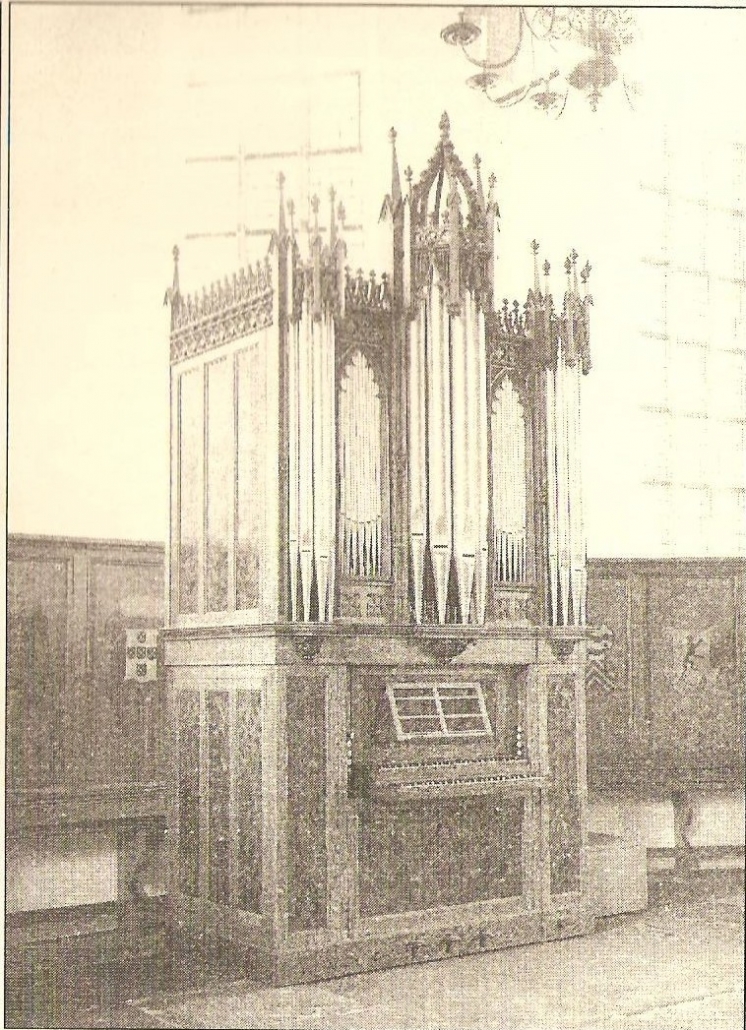Nowadays there are hundreds of church organists, though fewer than there were, and hard to replace. In the 18C they were very rare indeed. The Church of Scotland did not believe in instrumental music. There was a precentor with a tuning-fork. But Scottish Episcopalian churches always wanted an organ, if they could afford one. So an Episcopal chapel would earn the nickname a ‘whistlin’ kirkie’. St Andrew’s, Banff, from the 1730s, gloried in its organ. It cost money both to buy and to keep in repair (I remember a bill for ‘skins for the Echo Bellows’). If need be, they would have special collections for the organ, but the money came in. I noticed over the years between 1723 and 1746 that the minister’s salary never changed, but the organist did well. They had one unhappy experience when the poor man couldn’t balance his books and was caught fornicating, but after that the organist’s pay went up and up and up, and he got perks for the annual overhaul. The organist was paid about half what the minister was. The clerk and the beadle and the organ-blower were not in the same league. An organist was a high-status job, and the organist of the Episcopal chapel was an influential figure in the culture of the town.
What is particularly impressive is that after the government troops burned down the chapel in 1746, St Andrew’s came quietly back, took the oaths to King George, and they re-built the chapel. Mr Shand, the organist in the old chapel, came back. The church paid the Chapel Officers at St Paul’s Chapel in Aberdeen 2/- for hearing Mr Shand play the organ there, and then they even sent Mr Shand down to London to consult the organist of Westminster Abbey, no less, about buying an organ for the new chapel. The one chosen would be quite sufficient ‘if a Trumpet were added to it’, which was bought. So you can imagine say Trumpet Voluntaries by Purcell on the new organ. James Shand’s expenses in London were £23 (at a time when the minister might get £42 a year). As before, you could always get a classy subscription list to help pay for the organ.
There’s a Shand family table tomb in the old kirkyard, naming James Shand as organist.



